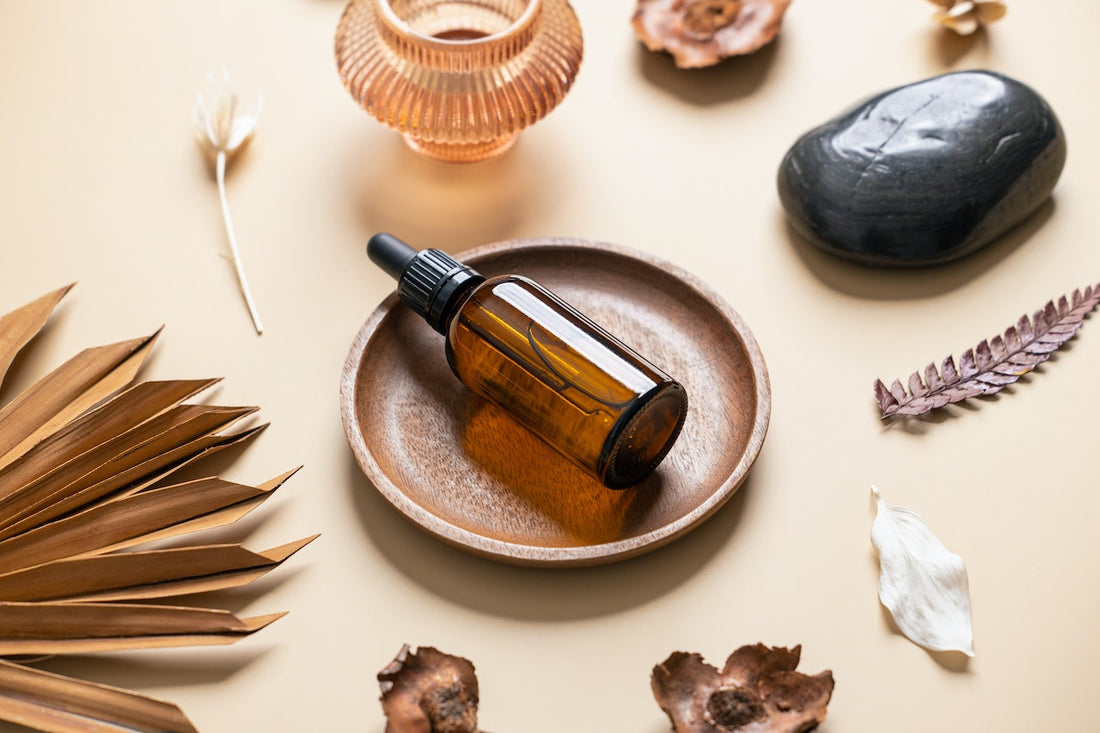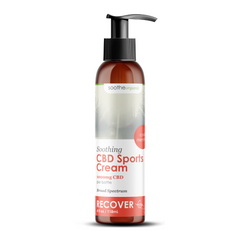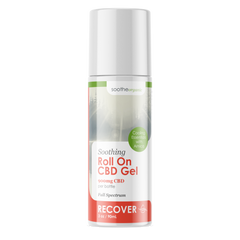Cannabis has been used for medicinal purposes for centuries, and its therapeutic potential is still being explored today. One of the cannabinoids found in the cannabis plant, CBDA, has been gaining attention for its potential health benefits.
CBDA is present in raw cannabis and interacts with the body’s endocannabinoid system to promote balance.
In recent years, there has been growing interest in the use of CBDA as a natural remedy for a range of health concerns. As research continues to uncover the potential benefits of CBDA, individuals are seeking out products that contain this cannabinoid to support their overall well-being.
From tinctures and capsules to lotions and creams, CBDA can be used in a variety of forms. This article will explore the basics of CBDA, the different products available, and the potential health benefits of this nature’s healing cannabinoid.
Key Takeaways
- CBDA is a cannabinoid found in raw cannabis that can provide health benefits and interacts with the body’s endocannabinoid system to promote balance.
- CBDA is similar in structure and benefits to USDA organic CBD, but has greater bioavailability.
- CBDA can be taken as a tincture, capsule, lotion, cream, or added to food and drinks, and may be helpful with soothing irritated skin with healing salve. However, more research is needed to fully understand its benefits.
CBDA Basics
CBDA is a non-intoxicating cannabinoid present in raw cannabis.
Unlike nano CBD, CBDA is an acidic cannabinoid that is found in higher concentrations in hemp than in other cannabis variants. Raw hemp plant is used to extract CBDA oil, which can be used in various forms such as tinctures, capsules, lotions, creams, ointments, and massage oils. CBDA is also added to food and drinks, and can be used topically.

Although CBDA and CBD are similar in benefits and structure, CBDA has greater bioavailability and no reported harmful side effects. Since CBDA is not regulated by the FDA, it is essential to purchase CBDA oil from reliable retailers.
Limited medical research has been conducted on CBDA, but, according to the anecdotal evidence, products that contain it may be helpful in soothing irritated skin.
CBDA Products
Tinctures, capsules, lotions, creams, ointments, massage oils, and even food and drinks can be infused with CBDA.
CBDA tinctures and capsules are typically taken orally and can be easily incorporated into a daily routine. Topical CBDA products, such as lotions, healing salves and creams, can be applied directly to the skin for targeted relief of sore muscles or irritated skin. CBDA can also be added to food and drinks, making it an easy way to incorporate this cannabinoid into daily life.
CBDA products are becoming increasingly popular in the market, with various brands offering different concentrations and formulations. It is important to note that the effectiveness of CBDA products may vary depending on individual factors such as weight, or metabolism.
When purchasing CBDA products, it is important to buy from reputable retailers to ensure quality and safety. Additionally, it is essential to speak with a medical provider before starting a CBDA routine, especially if you're currently taking medication or have a pre-existing medical condition.
Using CBDA for Health
CBDA interacts with the body’s endocannabinoid system to promote balance and may have anti-proliferative traits. While there is limited medical research on CBDA at this time, anecdotal evidence suggests that CBDA may be helpful in soothing irritated skin and providing other health benefits.
CBDA can be taken as a tincture, capsule, lotion, cream, ointment, massage oil, or added to food and drinks. The recommended serving size of CBDA varies depending on the individual’s health needs and weight.
In general, CBDA can be used 2-3 times daily, increasing the amount over time. It can also be held under the tongue for faster absorption or applied directly to the skin for soothing effects.

While more research is needed to fully understand the potential benefits of CBDA, it is important to check with a medical provider before starting a CBDA routine and to purchase CBDA products from reliable retailers.
Frequently Asked Questions
Are there any potential negative side effects to taking CBDA?
Since there is limited medical research on the cannabinoid, the long-term effects of its use are still unknown.
As with any substance, it is important to check with a medical provider before including CBDA in your routine, especially if you're pregnant, breastfeeding, or taking medication or other health supplements.
Additionally, it is crucial to purchase CBDA products from reliable retailers, as the cannabinoid is not regulated by the FDA.
Can CBDA be used as a replacement for CBD in products?
There is currently no evidence to suggest that CBDA can be used as a replacement for CBD in products, as they have different chemical structures and do not offer the same potential health benefits.
CBDA and CBD are similar in structure and benefits, but they are not interchangeable.
Full-spectrum products provide benefits from all cannabinoids, including CBDA and CBD tincture.
More research is needed to fully understand the potential benefits and limitations of CBDA and CBD, and it is important to consult with a medical provider before adding CBD or CBDA to your wellness routine.
How does CBDA compare to other cannabinoids in terms of effectiveness?
The effectiveness of CBDA compared to other cannabinoids is currently an area of ongoing research, with limited available data. However, studies suggest that CBDA may have similar therapeutic potential as CBD, with some unique benefits.
For example, CBDA may have anti-inflammatory and anti-proliferative effects, and may also be beneficial for soothing irritated skin. Additionally, CBDA interacts with the body’s endocannabinoid system, promoting balance and potentially providing relief for various conditions.
While more research is needed to fully understand the effectiveness of CBDA, early findings suggest that it may be a promising addition to cannabinoid-based therapies.
Is it safe to take CBDA while on other medications?
The safety of taking CBDA while on other medications is currently unknown. As CBDA interacts with the endocannabinoid system, it may impact the way other medications are metabolized in the body. It is important to consult with a medical provider before starting a CBDA routine, especially if taking prescription medications or have underlying health conditions.
CBDA is not regulated by the FDA, so it is important to buy from reliable retailers and carefully read product labels for any potential interactions or side effects. More research is needed to fully understand the safety and potential interactions of CBDA with other medications.
How does the taste of CBDA compare to CBD?
The taste of CBDA, compared to CBD, is often described as more bitter and acidic. However, when CBDA is added to flavored tinctures or mixed with food and drinks, the taste can be easily masked.
It is important to note that taste preferences may vary among individuals and personal experience may differ. While taste may be a consideration for some, the potential health benefits of CBDA should be the primary factor in deciding whether to incorporate it into a daily routine.
Further research is needed to fully understand the taste profile of CBDA and its potential impact on overall health and wellness.
Hemp-derived CBD Casper, CBD products in Casper, Best CBD shop Casper, CBD capsules Casper Wyoming, Casper CBD hemp products, CBD for sale Casper, CBD for gout, Organic sleep gummies, CBD mood swings 25, CBD sleep apnea






